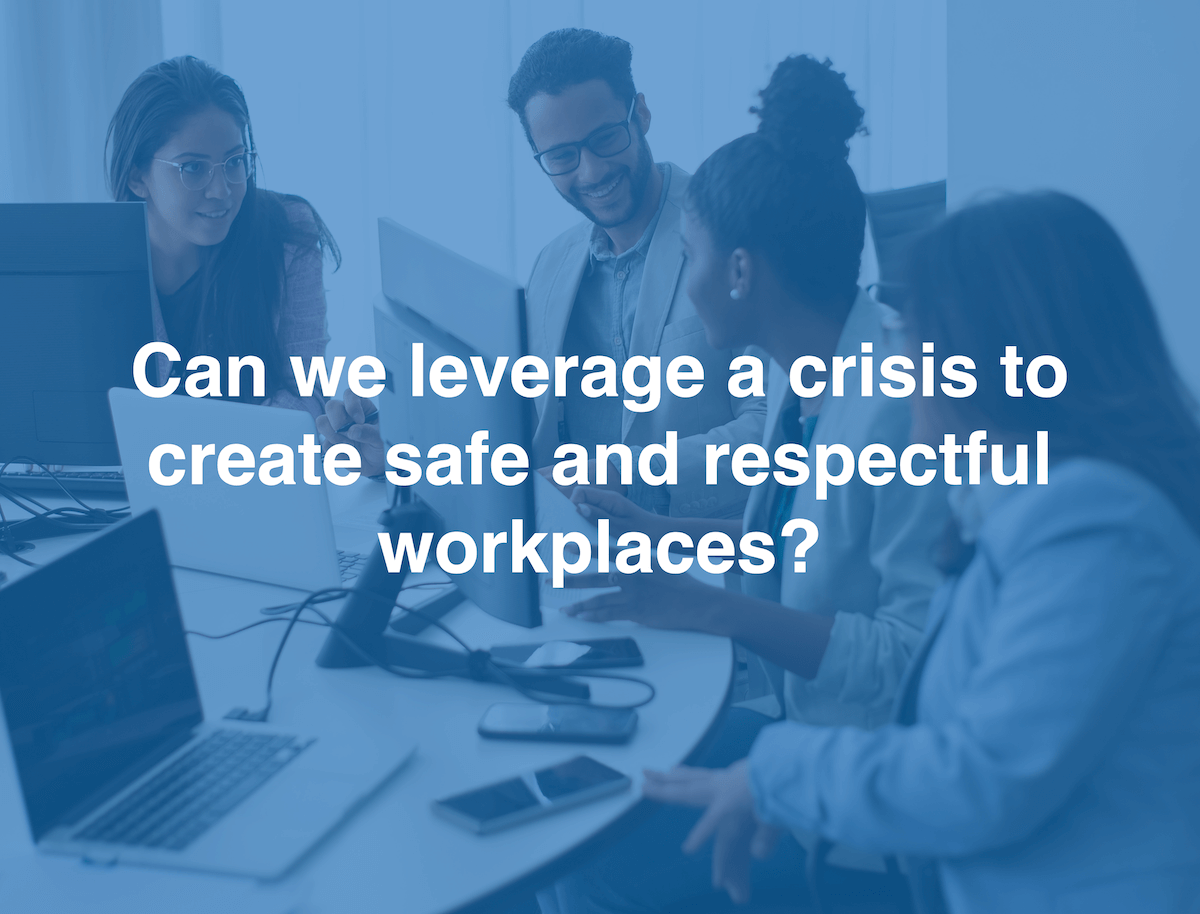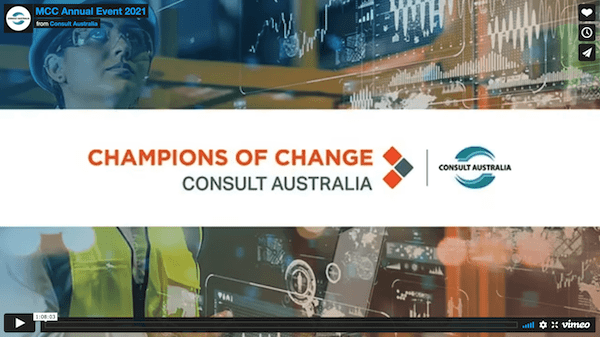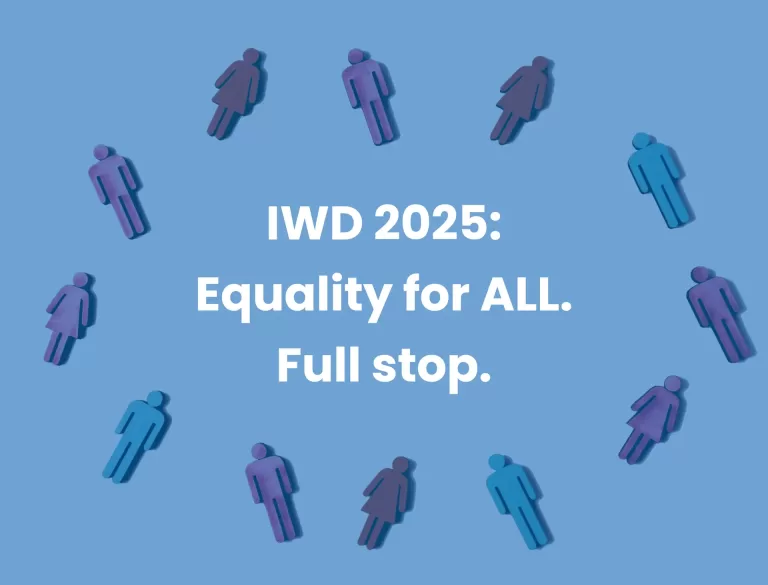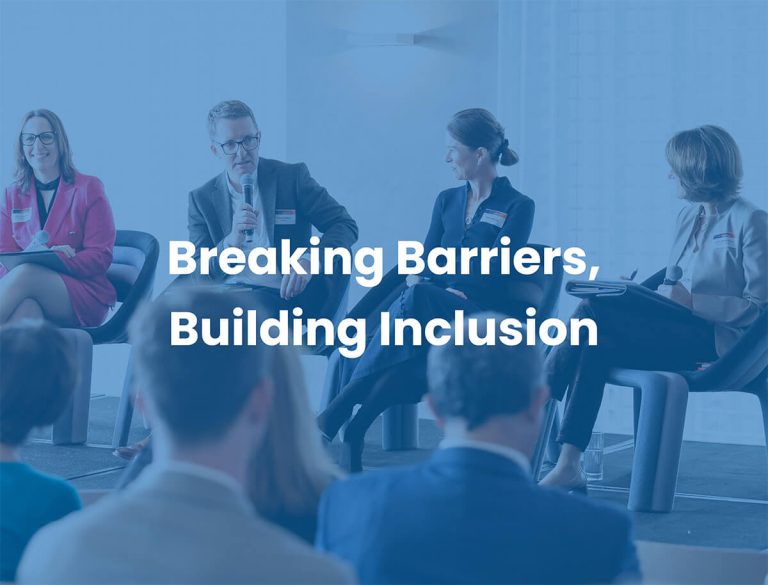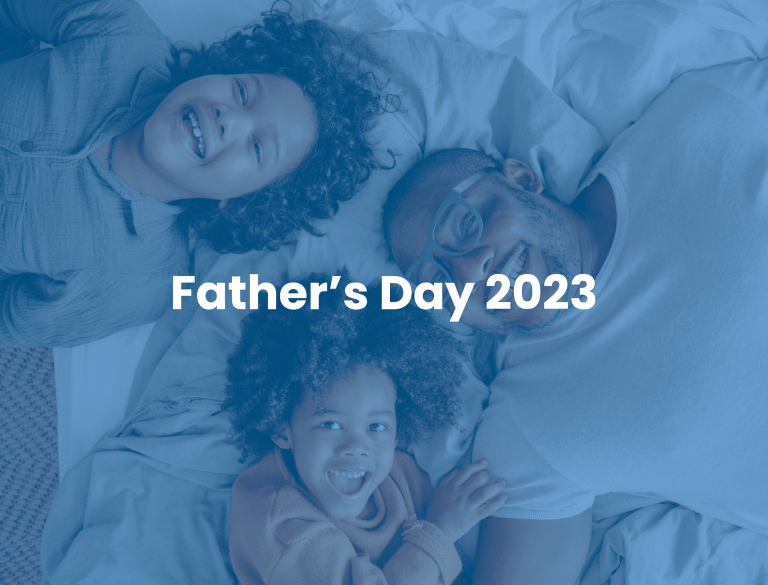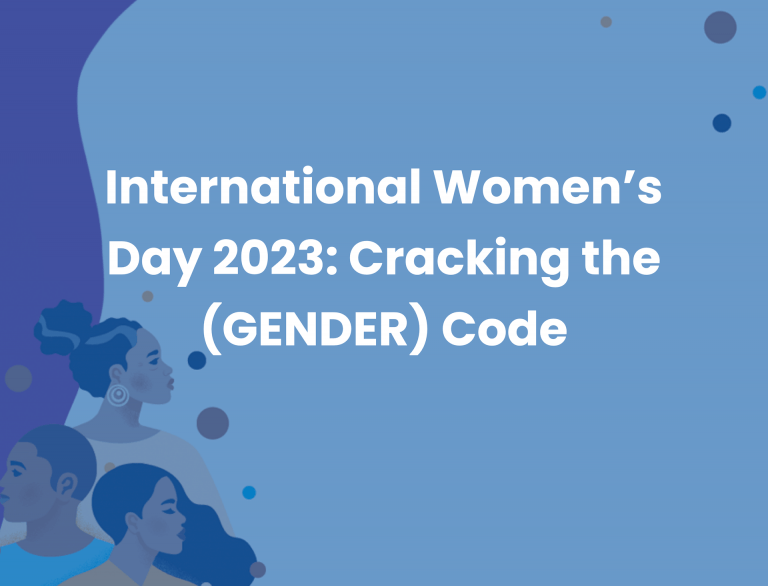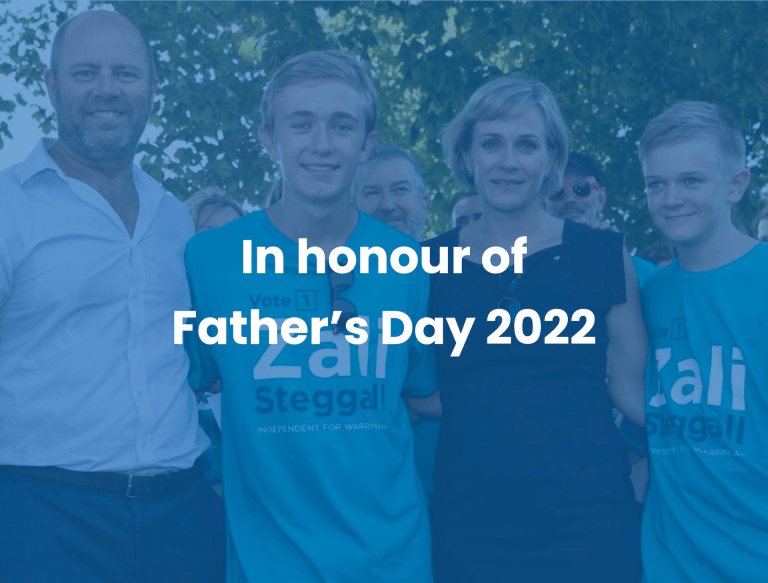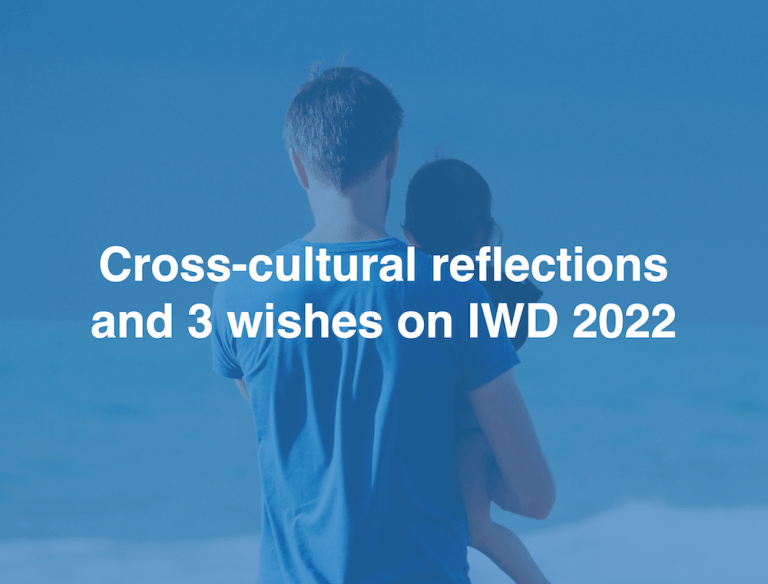Can we leverage a crisis to create safe and respectful workplaces?
Earlier this year, allegations of sexual assault in our Federal Parliament prompted a 100,000 strong #March4Justice. It was preceded by a National Inquiry into Sexual Harassment revealing the issue is not only pervasive and persistent in our workplaces – it’s on the rise.
I was delighted to design and serve as panel moderator for this year’s Consult Australia Champions of Change industry event exploring the source and impact of everyday sexism and what we can all do to effectively and sustainably overcome harmful and outdated norms.
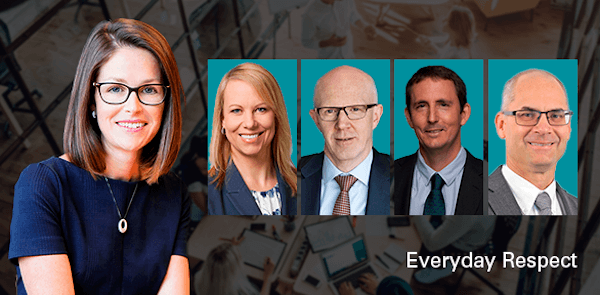
Keynote speaker Alison Mirams (Roberts Co) joined Consult Australia Champions of Change members Louise Adams (Aurecon), Phil Duthie (GHD), Richard Barrett (AECOM) and Will Wright (Douglas Partners) for a courageous conversation regarding the prevalence and persistence of workplace sexual harassment and what we can all do to create safer, more respectful cultures.
Nicola Grayson, CEO, Consult Australia opened the session:
“Earlier this year, workplace culture took centre stage when allegations of impropriety in our nation’s capital prompted a 100,000-strong March for Justice. It launched a national conversation regarding the need for workplace reform and a laser-like focus on the 55 recommendations put forth in the Australian Human Rights Commission Respect@Work report. The question we’ll explore today, “Can we leverage a crisis to create safe and respectful workplaces?”
In her opening remarks, Louise Adams, COO, Aurecon and Chair of the Consult Australia Champions of Change spoke of the prevalence, source and impact of sexual harassment:
“2 in 5 women experience workplace sexual harassment. An uncomfortable truth. In many cases, the abuse starts early. Let me share the story of a bright, young woman who aspired to become an engineer. Her dreams were thwarted when she endured sustained bullying and harassment at one of Australia’s leading engineering schools. She suffers ongoing mental health issues that impact her every day.
The proposed regulatory and legislative reforms in the Australian Human Rights Commission Respect@Work report are critical and welcome. As a society, though, we must work to interrupt sexist behaviours before they become entrenched.”
Referencing news stories from elite boys’ schools, Louise acknowledged it’s hard to change sexist behaviours in cultures that introduce and reinforce them. Part of shifting these harmful habits is understanding they serve no one. Young men who subscribe to them are more likely to suffer incidents of depression, self-harm and suicidal ideation. “As a parent raising a young boy, I want him to have every opportunity to grow up happy and healthy, with deep respect for himself and others. And that means critically questioning damaging and outdated sexist norms.
In a panel moderated by Coleen MacKinnon, Advisor to the Consult Australia Champions of Change:
Phil Duthie, COO, GHD spoke of the critical role leaders play in creating safe and respectful cultures. “It’s not enough to mandate zero-tolerance, it’s essential leaders understand the source of traditional, often sexist, beliefs and behaviours and the impact they have on peers, and our partners. From my own reflections, I realised my traditional upbringing (working dad, caregiver mom) informed my beliefs around the roles I expected my wife and I to play. I had to confront these views when my wife decided to go back to school. At GHD, all our senior men participate in a program exploring their own influences, the impact of gendered norms and self-determined solutions to overcome them.
Richard Barrett, CEO, AECOM ANZ addressed the role of power dynamics in sexual harassment and the need for more women in senior leadership to disrupt it.
“In scrutinising our talent processes to determine where bias might impact hiring, we learned: in ‘sole source’ offers, often based on referrals, 100% of hires were men; where we used a formal open process, 41% of hires were women; where we had at least one female candidate, female hires increased to 47%; where a recruitment agency was engaged, female hires dropped to 23%. Today, all our hiring goes through an open process, we continue to use diverse hiring panels and we’re working with our recruitment agencies to ensure they’re across our diversity strategy and goals.”
Will Wright, Managing Director, Douglas Partners commented on the under-reporting of sexual harassment (only 17% report) and the importance of creating psychologically safe environments and processes to increase the number.
“Years ago, we learned women were uncomfortable to report sexual harassment given most of their managers and the Head of HR were all blokes. Consequently, we set up a support group of senior women to whom incidents can be directed.
Since then, we’ve worked to create a psychologically safe workplace informed by our values of safety and respect. We’ve created a space for people to ask questions and to call out behaviours that are unsafe or disrespectful. In a case involving a young female engineer on site, it was a peer who called it out. In our new employee orientation, I make it clear sexual harassment will not be tolerated.”
Reflecting on the fact one in three people witness sexual harassment yet only one-third intervene, Phil shared his views on what can be done to overcome the bystander effect.
“First up, this is a leadership responsibility and one that can’t be delegated. Our words and actions define what is acceptable and unacceptable behaviour and contributes to workplace culture. Preventing inappropriate behaviour starts with us.
Intervention to end inappropriate behaviour is also key. We must respectfully act when and where it occurs and follow up with both the victim and the perpetrator – the former to ensure they’re okay, the latter to explain the source and impact of sexist behaviours. It’s more effective than mandating behavioural change.”
Will reinforced the importance of leaders role-modelling inclusion.
“For me, inclusion is about creating a safe space for everyone to thrive – to express their strengths, values and passion. As leaders we do this through our words and actions, from wearing our inclusion t-shirts, to calling out gendered language and behaviour.”
Returning to the relevance of increasing women in leadership to help end sexual harassment, Richard spoke of the importance of formal sponsorship programs for emerging female leaders.
“Now in its third year, the program pairs senior executives with high-performing women in our business. As executive ‘sponsors’ we help them build business networks and advocate on their behalf for career opportunities. Sponsorship helps to overcome bias, level the playing field and ensure women have equal opportunity for advancement.”
Keynote Alison Mirams, CEO, Roberts Co spoke to the contributions of and challenges within the Construction industry, along with encouraging news around vital cultural reform.
The third largest employer in the country, Construction brings in over $360 million in revenue and comprises nine percent of GDP. Alarmingly, employees are six times more likely to die from suicide than workplace accidents, divorce is common and presenteeism a problem. Women comprise only 12.7% of the industry, less than two percent of tradespersons are female and the gender pay gap is the second highest in the country at 29.4%.
In conjunction with Health Infrastructure and Dr Natalie Galea (UNSW), Roberts Co. created Project 5: A weekend for every worker, a study comparing the effects of a five- vs six-day work week. The project measured nine elements, all of which reported improvements – from decreased fatigue and better work life balance to improved family relationships. Working five days per week gives workers an additional six weeks of leave per annum or one extra year over eight-years. Some contractors have reported five-day projects are better planned, safer and more professional. Next of kin say their partners are happier, healthier and spending more time with their children.
Six-day work weeks perpetuate the gendered notion of dad as breadwinner and mom as carer. It also constrains a partner’s access to careers, full-time work, promotions, superannuation – in short, women’s economic security. It also discourages women from entering the industry and leads to women leaving 39% faster than men.
Whilst Alison has faced some pushback from those resistant to change, she’s not giving up. Better mental health outcomes for workers, a more gender equal industry and satisfied clients serve to strengthen her resolve.
Video coverage of the event is available below.

